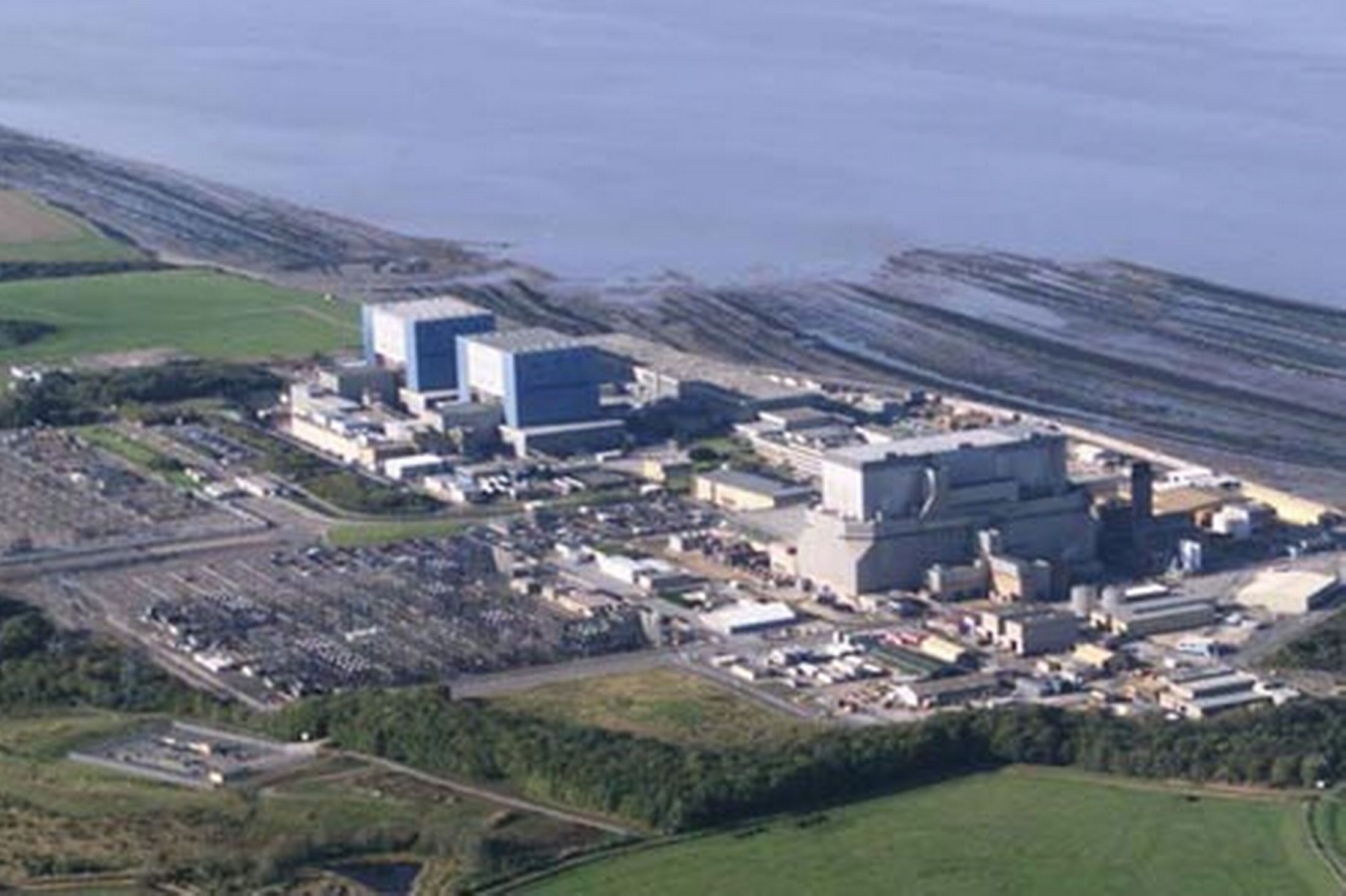I recently wrote about the more than twelve billion dollars of loan guarantees that the U.S. government is handing out to the nuclear industry for the construction of more reactors. Part of the reason for these guarantees is that investors are very skeptical about nuclear power and some of these projects might not be able to finance themselves without the involvement of the government. This pattern is not unique to the United States.
Britain wants to build a new nuclear reactor at the Hinkley Point Nuclear Power Station. They are going to be retiring aging nuclear plants and want to stop using coal because of carbon release. The Hinkley Point reactor will be the first new nuclear power reactor built in the U.K. in twenty years. Britain considers nuclear power good way to reduce their carbon dioxide emission.
Since the U.K. is part of the European Union, there is a E.U. Commission that monitors state subsidies in member states. Critics of the Hinkley Point reactor project have charged that Britain is breaking the rules about how and much state aid can be given to such a project. The Commission has just ruled that the Hinkley Point plan does not break the rules and that Britain is free to proceed.
EDF Energy, the company that wants to build the reactor, estimated that the cost would be about twenty six billion dollars. On the other hand, the European Commission claims that by completion of the reactor in 2023, the cost will be more like thirty eight billion dollars and there is a possibility of a further sixteen billion dollars in charges.
A very critical report on the original subsidy arrangement between EDF and the U.K. Department of Energy and Climate Change was issued by a E.U. competition Commissioner. Following further negotiation, the Commissioner said that there had been sufficient changes to the subsidy agreement so that it limited distortions of the competition in the European single market.
The new subsidy arrangement guarantees that the company building and operating the reactor will receive about one hundred and fifty dollars per megawatt hour for the entire thirty five year projected lifespan of the new nuclear power reactor. This price is twice the current price of electricity in Britain. The increased cost is justified by the claim that fossil fuel costs will rise sharply in the near future and that the nuclear reactor will emit much less carbon dioxide than fossil fuels. Hinkley Plant will be able to provide about seven percent of the electricity for Britain.
The Austrian Chancellor has stated that the Hinkley Point decision sets a bad precedent. Previously, guaranteed prices for electricity in the E.U. were reserved for renewable sustainable sources of energy such as wind and solar. He rejected the claim that nuclear power was sustainable or a good way to fight climate change. He also said that Austria was considering bringing a law suit against the subsidy decision.
Critics in Britain say that this arrangement will punish consumers with unnecessary high prices for electricity for decades. Some critics say that the British government is not competent when it comes to making complex commercial arrangements. Other countries are abandoning such price guarantees for new nuclear power reactors because of the uncertainty and turbulence in the global energy market. I think that Britain is making a bad mistake in guaranteeing a high fixed price for Hinkley Point electricity over thirty years. EDF and the British government will be lucky if both they and this agreement last for the expected thirty years.
Hinkley Point Nuclear Power Plant:
